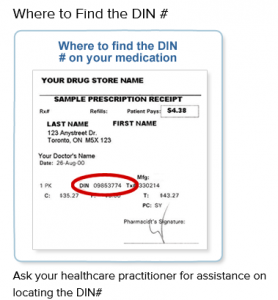Created by HealthCare Practitioners for the
Created by HealthCare Practitioners for the
Patients they Treat
Patients they Treat
Dr. Kevin Zorn, MD, FRCSC, FACS, Urologist, discusses prostate cancer, diagnosis and treatment.
The three standard therapies for men with organ-confined or
localized prostate cancer are: 1. Active surveillance. 2. Surgery. 3. Radiation therapy.
Dr. Dean Elterman, MD, MSc, FRCSC Urological Surgeon talks about the different types of overactive bladder and typical symptoms often experienced.
Overactive bladder is the sudden feeling of really needing
to go to the bathroom to urinate almost immediately. These main symptoms can include urgency, which is when you
have to rush to the bathroom.
Prostate Cancer NOW Main Categories
To learn more about our services please click the
appropriate icon below …
Dr Dean Elterman MD, MSc, FRCSC Urologist discusses Contino®, a new technology to deal with Male incontinence
Urinary incontinence is a debilitating and distressing condition
for many men. This involuntary loss of urine affects anywhere from one in four to one in five men,
and that equates to over 400 million people around the world.
Nick Pratap, BSc Kin, Clinical Exercise Physiologist talks about how men with prostate cancer can prevent muscle weakness with exercise prescriptions.
There’s no question that prostate cancer treatments can be
accompanied by significant side effects for men. Androgen deprivation therapy or ADT, for example,
can potentially result in a reduction of muscle mass, unwanted weight gain and increased risk of
osteoporosis.
Dr Dean Elterman MD, MSc, FRCSC Urologist talks about the causes of erectile dysfunction and the best natural and medical treatments currently available.
Erectile dysfunction, which is the the inability to either attain
or maintain an erection sufficient for sexual activity happens to men quite commonly and it of course, occurs more
commonly as men get older. The number one risk factor for the development of erectile dysfunction or ED is simply age.
Featured Company
Medications
Medications can help patients
manage and control their conditions preventing symptoms and even disease progression.













